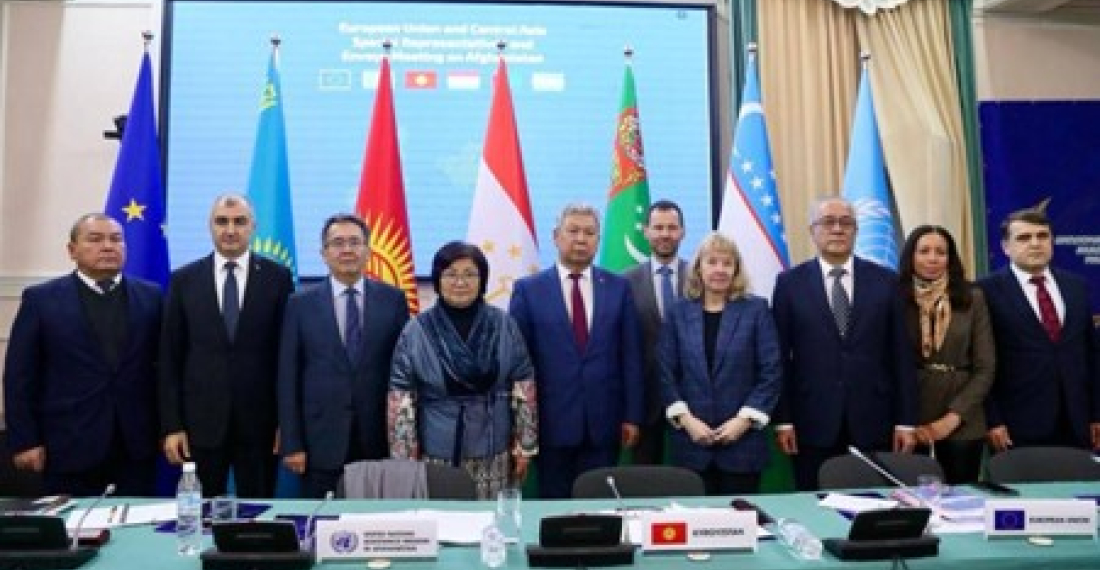The fifth European Union-Central Asia meeting focusing on Afghanistan took place in Bishkek on 14 February. Discussions centred around the situation in Afghanistan, with particular emphasis placed on finding effective ways to interact with the country’s de facto government. Participants praised the recent United Nations (UN) report on Afghanistan and endorsed UN Secretary-General António Guterres’s initiative to establish the position of UN Secretary-General’s Special Envoy for Afghanistan. Roza Otunbayeva, the Secretary-General’s Special Representative for Afghanistan and Head of the UN Assistance Mission in Afghanistan, also attended the meeting. The European Union was represented by the EU Special Representative for Central Asia, Terhi Hakkala.
News
5th European Union-Central Asia meeting on Afghanistan held in Bishkek






